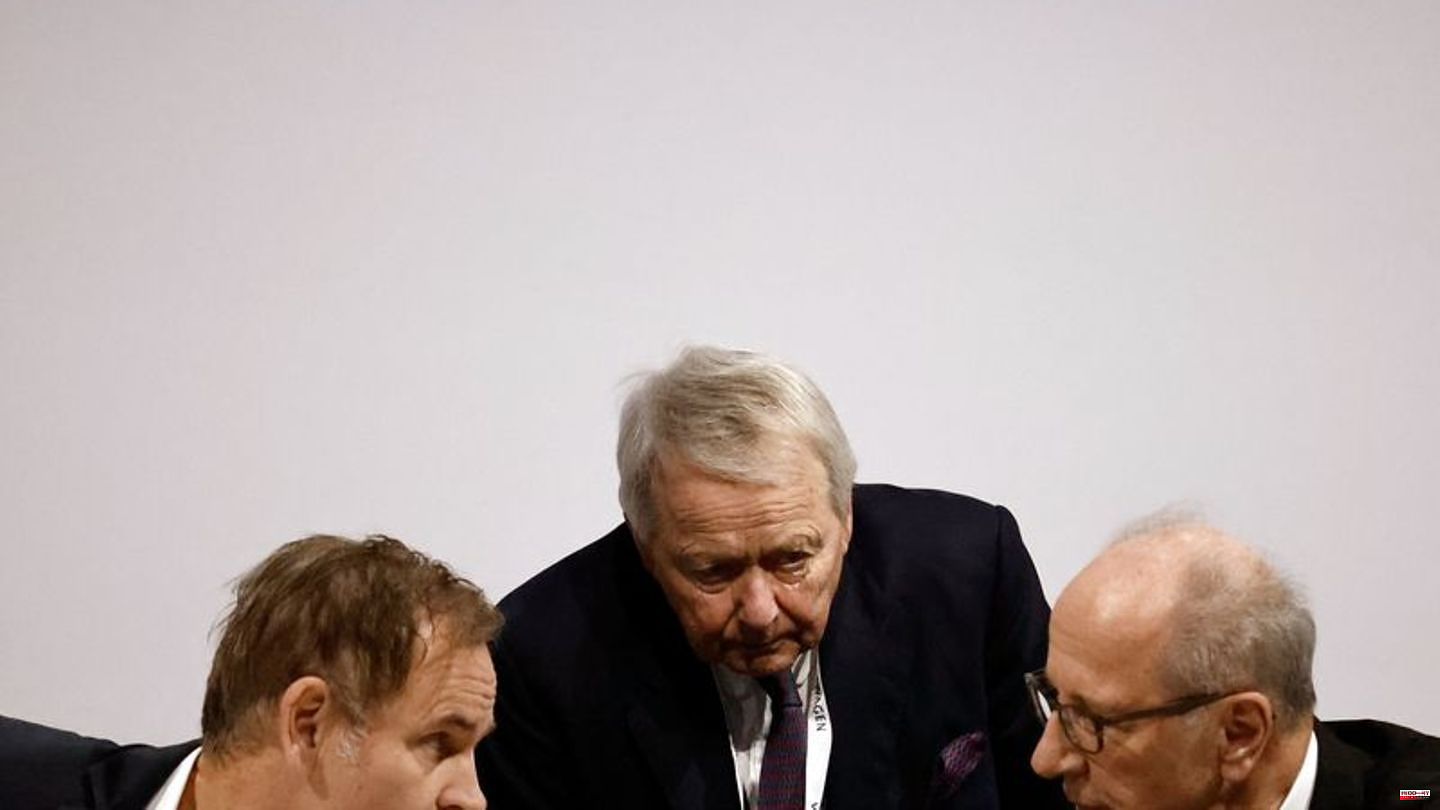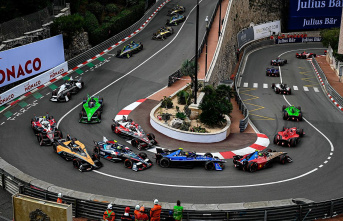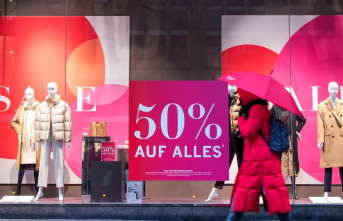19.06 euros extra per share - this is the sum that Volkswagen shareholders receive from the total proceeds from the Porsche subsidiary's IPO. But despite the special dividend, not all investors were completely satisfied on Friday at the extraordinary general meeting in Berlin.
The dominance of the Porsche/Piëch clan, Oliver Blume’s dual role as the new group manager and at the same time Porsche boss, the amount and payment date of the additional distribution from the issue of preferred shares and the sale of ordinary shares in Porsche AG: these were just a few controversial points in the discussion between the head of the Wolfsburg carmaker and shareholders. The situation of Germany's largest company in China - with increasing competition from electronics and reports of human rights violations - was also on the agenda.
The actual topic, the approval of the dividend, should be the only official item on the agenda. In the end there were almost no votes against it. Agreement: more than 99.99 percent.
Complex model in favor of PSE
Some owners had requested changes. A surcharge for the preferred shares of Porsche AG, a quarter of which have been traded on the Frankfurt Stock Exchange since September 29, was discussed. It was intended to compensate for the fact that, unlike Porsche ordinary shares, these shares have no voting rights. Conversely, the price at which the umbrella company Porsche SE (PSE) acquires stocks is too low.
The complex construction for the largest German IPO since Telekom in 1996 included not only the issue of preferred shares - they flushed VW 9.1 billion euros into the coffers - but also that 25 percent plus one common share go to PSE. The main VW shareholder wants to get a blocking minority for central decisions at Porsche.
The holding company, controlled by the Porsche and Piëch families, spent 10.1 billion euros on this. Some see this as cementing their power and as a kind of self-service business, because the PSE can recoup at least part of the costs directly with the dividend that has now been decided. According to current plans, however, a large chunk is also to be financed through debt.
Criticism from investors and Greenpeace
A number of smaller shareholders sensed an "inadmissible advantage" for the large VW owners PSE, Lower Saxony and Qatar. Even with the publicly traded preference shares, large investors in particular made a trick: they received over 94 percent of the almost 114 million papers. Many private investors got nothing.
Not everyone in Berlin advocated a more lavish distribution. The savings bank fund subsidiary Deka found the proposed value "much too high". VW now needs its money primarily for the further conversion towards e-mobility and digitization. Greenpeace sees it that way: "In a historic upheaval in the industry, paying out a special dividend worth billions while Volkswagen is chasing competitors is a short-sighted decision," said the environmental organization's financial expert, Mauricio Vargas. Not only Tesla, but also Chinese suppliers are pushing ahead. VW was recently able to significantly expand its electric car sales again.
A perennial favorite, which has new topicality with the Porsche IPO and the replacement of the controversial VW boss Herbert Diess by Blume, is the mixing of functions in the huge group network. The economics professor Christian Strenger, former head of the fund company DWS and co-founder of the German Corporate Governance Code Commission, sees "significant conflicts of interest".
The President of the German Association for the Protection of Securities, Ulrich Hocker, asked Blume: "Are you sticking with the dual role? Or is it an interim solution?" It cannot be possible to permanently fill two full-time jobs for Porsche and the group. Blume emphasized: "After four months I can say: It works." He also resigned from supervisory boards, for example at the subsidiary Seat.
Weil doesn't want dividends until January
The protective association of investors insisted that the special dividend flow in December - and not only in January, as desired by the major shareholder Lower Saxony. She justified this with possible tax disadvantages, for example when offsetting losses from the previous year.
Prime Minister Stephan Weil, as a member of the VW supervisory board, made it clear that he would stick to his line. "All parties involved agreed relatively early on that the dividend should be paid out at the beginning of the year (2023)," he told the German Press Agency. The money from the IPO is important for a stable location policy because "VW now has the opportunity again to invest from a strong fund, so that there will also be modern production facilities in Lower Saxony in the future".
China, on the other hand, which is essential for business, is increasingly tricky terrain for VW because of the factory in the Uyghur region of Xinjiang. Country chief Ralf Brandstätter said: "We are committed to compliance with the UN standards for business and human rights across the entire supply chain." Legal Director Manfred Döss responded to questions from shareholders: "I can assure you that integrity and compliance are very important in the Volkswagen Group."








